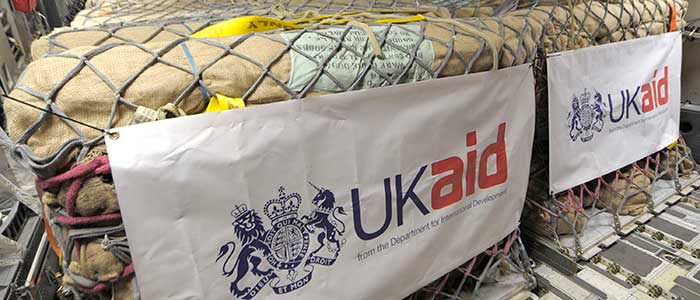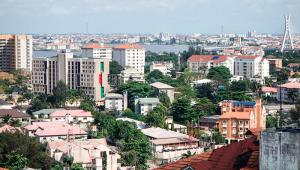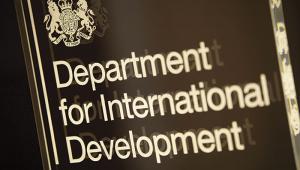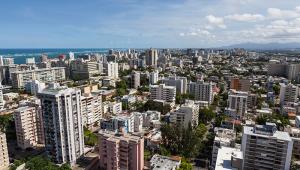In a new aid strategy published in 2015, the UK government announced that more of the country’s billion-pound aid budget would be spent by departments other than the highly scrutinised Department for International Development.
Unlike Dfid – one of the best aid organisations in the world in terms of transparency – a number of other departments now being allocated an increasing share of the aid budget are instead known for the opacity of their spending.
Figures published by the UK government yesterday showed that UK aid spending rose by £1.21bn in 2016, to £13.35bn, as a result of being tied to economic growth and changes in the way gross national income – which aid spending is based on – is measured.
Dfid’s share of that growing budget has fallen by 13.5 percentage points since 2012, with almost half of that decrease occurring in 2016.
Instead, millions more pounds are flowing through departments like the Foreign and Commonwealth Office, the Department for Business, Energy and Industrial Strategy or cross-government funds like the Conflict, Stability and Security Fund, which has been specifically criticised for lacking transparency.
The news comes at a time of extraordinary pressure for UK aid. As well as unprecedented demand overseas, it is facing intense scrutiny at home.
In 2015, the UK’s then-government signed a commitment to spend 0.7% of gross national income overseas into law. The UK is one of only a handful of donor nations to meet the pledge.
In the years since, however, especially in the one just passed, that commitment has come under heavy fire from sections of UK politics, the media and the public, who are calling for it to be drastically stripped back.
Responding to this increasing hostility, Dfid has focused on increased accountability and efforts to ensure value for money. But campaigners have warned that as more money flows through other, more opaque, departments, it is increasingly inscrutable.
Saira O’Mallie, interim UK director of anti-poverty group the ONE Campaign, described this trend as “deeply worrying”.
She also highlighted that the figures betrayed a shift away from long-term development to short-term crises, with aid falling to countries in Africa as more resources were diverted to support countries hosting Syrian refugees or otherwise affected by the crisis.
This “must not signal a new direction for UK aid”, she stressed.
“The otherwise outstanding impact of UK aid is undermined when the British public becomes concerned their government is not wisely investing to end extreme poverty,” O’Mallie explained.
“We cannot tackle the complex issues facing the world today is we fail today to invest smartly to secure for all our futures. Paramount is the focus on education, employment and empowerment of Africa’s youth to ensure global stability – and that means more of the aid budget should be directed to the continent, not less.”














